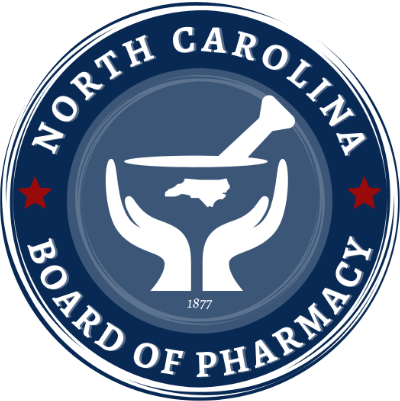Helene Relief & Recovery Updates for Pharmacy Practitioners
Find Open Pharmacies Located in Affected CountiesList of Emergency Verified Pharmacists


July 1, 2025
The aspects of the Hurricane Helene declaration of emergency that supported various Board of Pharmacy waivers have expired as of June 30, 2025.